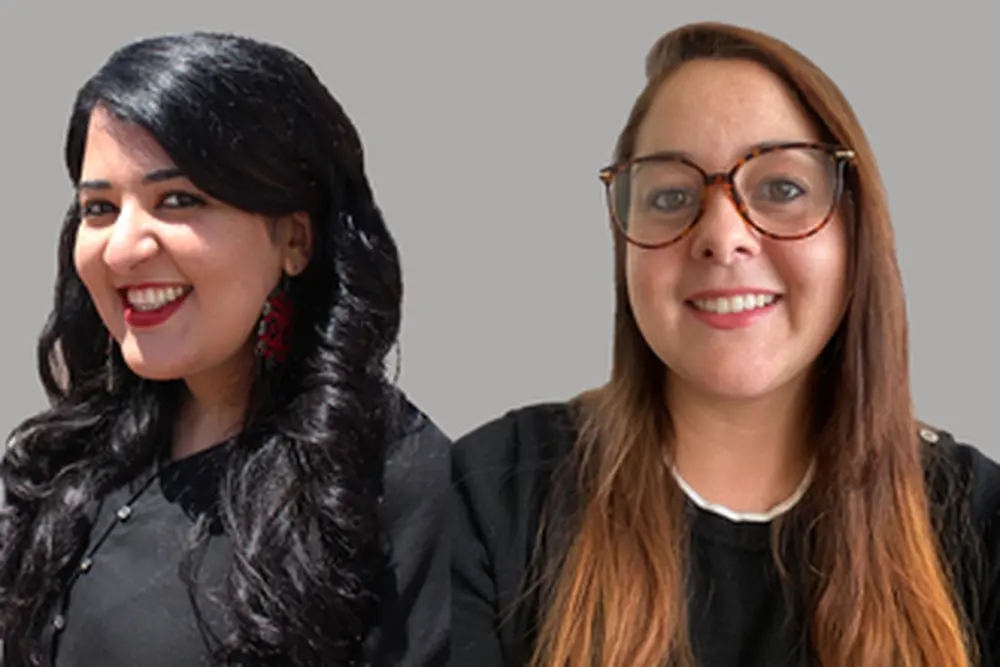
Global Intersections is a Center for Global Studies (CGS) initiative designed to encourage multicultural, international, transnational, and global perspectives in student research. Below is a description of a research project from two graduate students that is being funded by Global Intersections. Atyeh Ashtari, a Ph.D. student, and Cíntia Martins Freitas, a masters student, both in Urban and Regional Planning Department, are working with faculty advisor, Faranak Miraftab.
The Center for Global Studies is sponsoring a project that is rethinking local-global intersections and urban futures in a time marked by the crisis of care, global pandemic and rising xenophobia. The pandemic has exposed many cracks, contradictions, and inequalities that have always existed but are now more visible. At this historical moment, we witness the upcoming generation of planning professionals/educators who are convinced of the need for a different kind of planning—one that is more open to recognizing the range of important city-making practices that take place outside the invited spaces of professional planning, in interstitial spaces of everyday life as well as in the more visible street protests and contestations. These important city-making practices denounce the individual paradigms of wellbeing and look for collective ways of knowing, being, and doing. In other words, we need to work towards a “planning that cares.''
The Global Intersections project aims for creating and maintaining a multilingual digital platform to bring together local feminist collectives from several countries, in form of grassroots and urban movements, whose work advocates and builds on practices of solidarity, radical care, and democracy. By radical care, we mean practices of care by women and formerly colonized people, who produce, negotiate, contest, and transform cities. By democracy, we understand democratic practices in the local level, which extend the right to the city to marginalized groups. We envision the outcome as a website which will hold digital stories of these feminist collectives as a dataset to support education, research, and encourage transnational collaboration. This will act as a digital companion/resource to a new course in Urban Planning called “Digital Storytelling” which lead student #1 and the faculty CO-PI have developed together in 2020 which was taught for the first time in 2021. Moreover, as we see this as a transitional collaborative dataset, we are aiming to have this platform translated and accessible to more target languages: Farsi, Spanish, Portuguese and English. Together, we have the digital expertise, language proficiencies and are active members of activists’ networks in these linguistic communities of feminist movements and will be able to include feminist collectives from various contexts. This platform is planned based on the current budget to be online for at least 2 years with the hope to attract more collaborators and resources for continuation.
The initial phase of the project includes weekly meetings by the lead students and faculty to identify the collectives they will reach out to and design strategies for data collection. Initially, we are thinking of at least one interview with each group with a common set of questions we will ask each of these groups regarding their philosophy, methodology, ideals, and practices. Following that, we will contact activists and collectives from other countries, conduct research, and develop content for the website. We will hire and lead additional assistant students as needed. We publicize the website with a virtual launch event organized through CGS with sponsorship from other units; where we start with a keynote on the importance of such collectives, showcase the website, and invite people to use/contribute to this feminist collective.
This piece was originally published in the IGI September 2021 e-Newsletter.